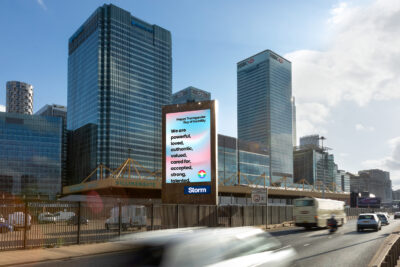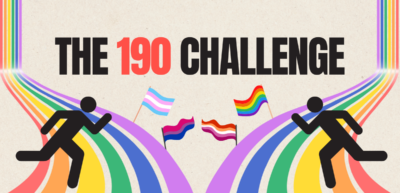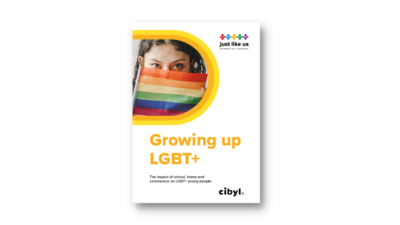
Lesbians delay coming out due to harmful stereotypes
News
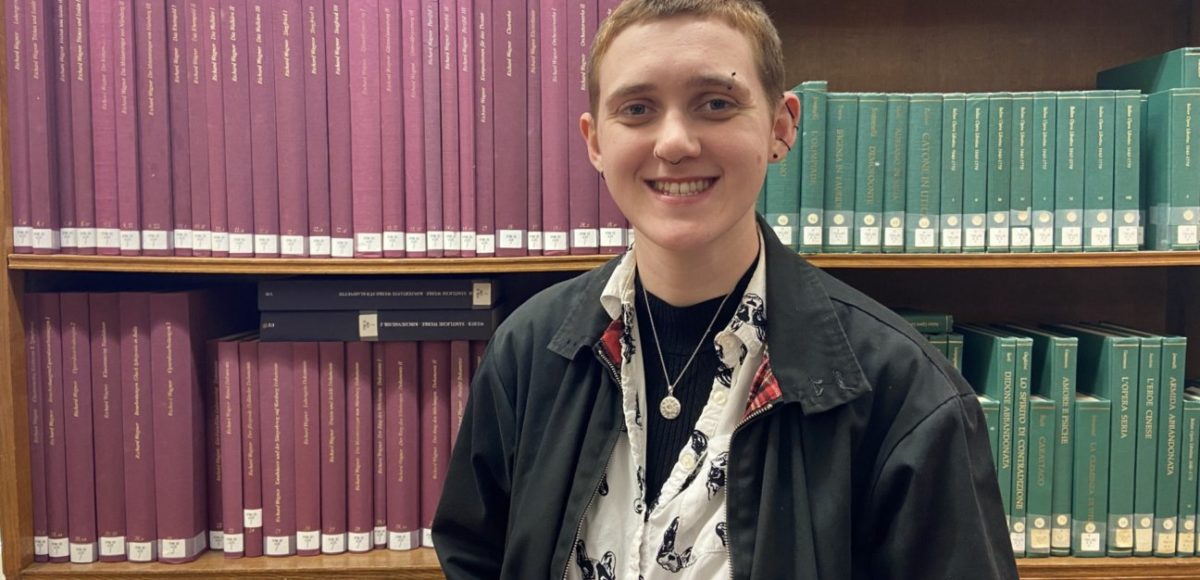
More than two thirds (68%) of lesbians say they delayed coming out due to harmful stereotypes about lesbians being ‘man-hating’, ‘over-sexualised’ and ‘anti-trans’, according to new research by Just Like Us.
The research by Just Like Us, the LGBT+ young people’s charity, surveyed 643 lesbians in the UK ahead of Lesbian Visibility Week 2022.
Stereotypes delay lesbians coming out
The top two reasons for lesbians delaying coming out were that being a lesbian is viewed as ‘cringey or awkward’ (30%) or ‘wrong’ (25%).
This was followed by lesbians being stereotyped as ‘taboo’ (23%), ‘embarrassing’ (23%), ‘masculine or butch’ (22%), ‘over-sexualised’ (19%), ‘unattractive’ (16%), ‘man-hating’ (12%), ‘old-fashioned’ (9%) and ‘anti-trans’ (4%).
Young lesbians are the most impacted
Over-sexualisation of lesbians was the biggest barrier for young lesbians age 18 to 24 coming out (36%), and this impacts young lesbians more than any other age group.
Lesbians being seen as ‘masculine or butch’ (31%) and ‘unattractive’ (22%) are also major reasons young lesbians age 18 to 24 say they have delayed coming out.
Young lesbians age 18 to 24 are the most likely age group to delay coming out because being a lesbian is seen as ‘over-sexualised’ (36%), ‘masculine or butch’ (31%), ‘cringey or awkward’ (34%) unattractive (22%) and ‘man-hating’ (15%).
A third (30%) of young lesbians also delay coming out because being a lesbian is seen as ‘wrong’, and a quarter have put off coming out because lesbianism is viewed as ‘taboo’ (24%) and ‘embarrassing’ (24%).
‘Anti-trans’ stereotype is damaging
Overall, one in 20 (4%) lesbians have delayed coming out because being a lesbian is seen as ‘anti-trans’. This rises to 7% among lesbians aged 25 to 34.
Dominic Arnall, Chief Executive of Just Like Us, says: “It is deeply saddening to see that the next generation of young lesbians are still suffering from these harmful and damaging stereotypes about lesbians.
“All young people deserve to know that being LGBT+ is something to be celebrated and through our work with schools, we want to smash these stereotypes and show that being a lesbian is a wonderful, positive thing.”
Amy Ashenden, a lesbian and Director of Comms at Just Like Us, says: “It’s heartbreaking to see that the majority of lesbians are delaying living their lives to the fullest and feel unable to come out because of tired lesbophobic stereotypes that continue to be perpetuated, and this is something I regularly see lesbians struggling with.
“It is especially sad to see that lesbians are delaying coming out because they fear being seen as butch, masculine and unattractive – societally there is a lot of work to be done around embracing women of all gender expressions and bringing positive messaging around being a butch lesbian to the forefront.
“To paint lesbians as ‘man-hating’, ‘unattractive’ or ‘anti-trans’ is to unfairly stereotype an entire community – these stereotypes are rooted in misogynistic ideas of what a woman should be and we can see the damaging effects of these stereotypes, particularly on young lesbians, in the research.”
Just Like Us’ 2021 Growing up LGBT+ in-depth research report also found that young lesbians are the most likely to face tension at home (61%), be lonely (87%) and say their mental health has worsened in the pandemic (78%) than any other identity under the LGBT+ umbrella.
Young lesbians on coming out
Several Just Like Us ambassadors have shared their experiences of navigating these harmful stereotypes, during Lesbian Visibility Week.
Pippa (she/they), a 25-year-old Just Like Us ambassador from London, says: “I started realising I was gay when I was 15, but didn’t really feel comfortable calling myself anything until I was 20. A lot of people made me think that I couldn’t be sure that I was gay, especially because I’d had a boyfriend before. I didn’t really know how to talk to people about it, because the word lesbian is so tied to sex and pornography that it always feels like calling yourself lesbian is the same as sharing details about your sex life.”
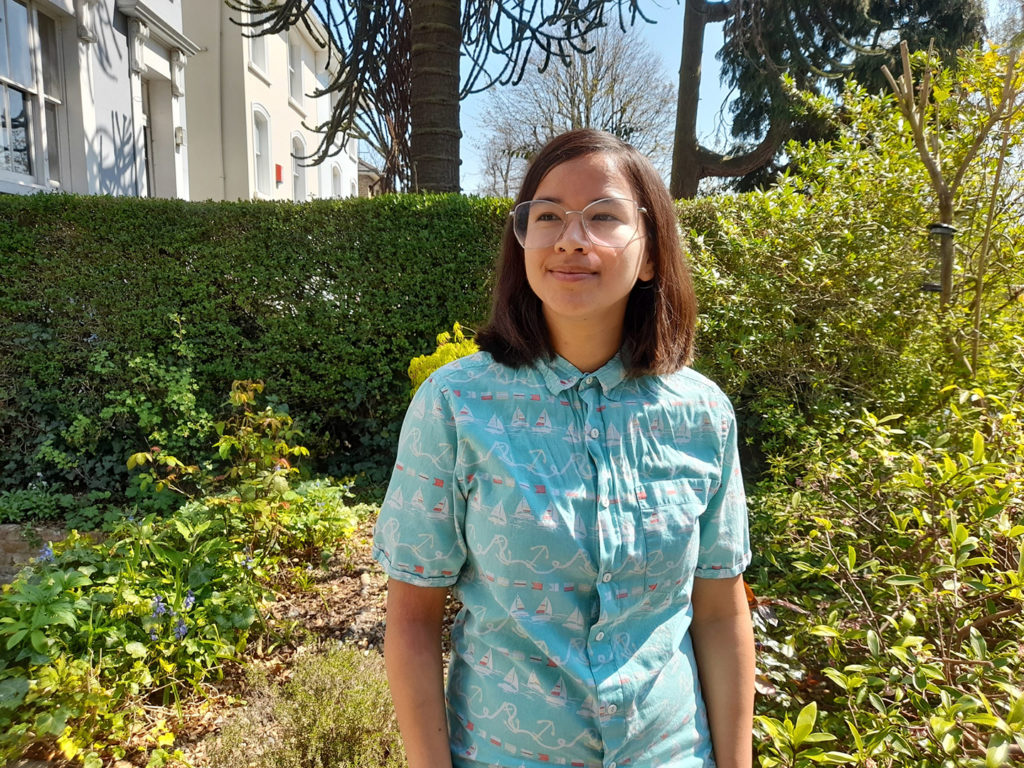
Alexa (she/they), a 24-year-old Just Like Us volunteer from Buckinghamshire, says: “I luckily didn’t come to understand my sexuality until my last year of school, but I was still bullied due to the suspicions/inklings of others. It’s also important to make clear that the vocal anti-trans lesbians that receive media coverage do not represent all lesbians under any circumstances.”
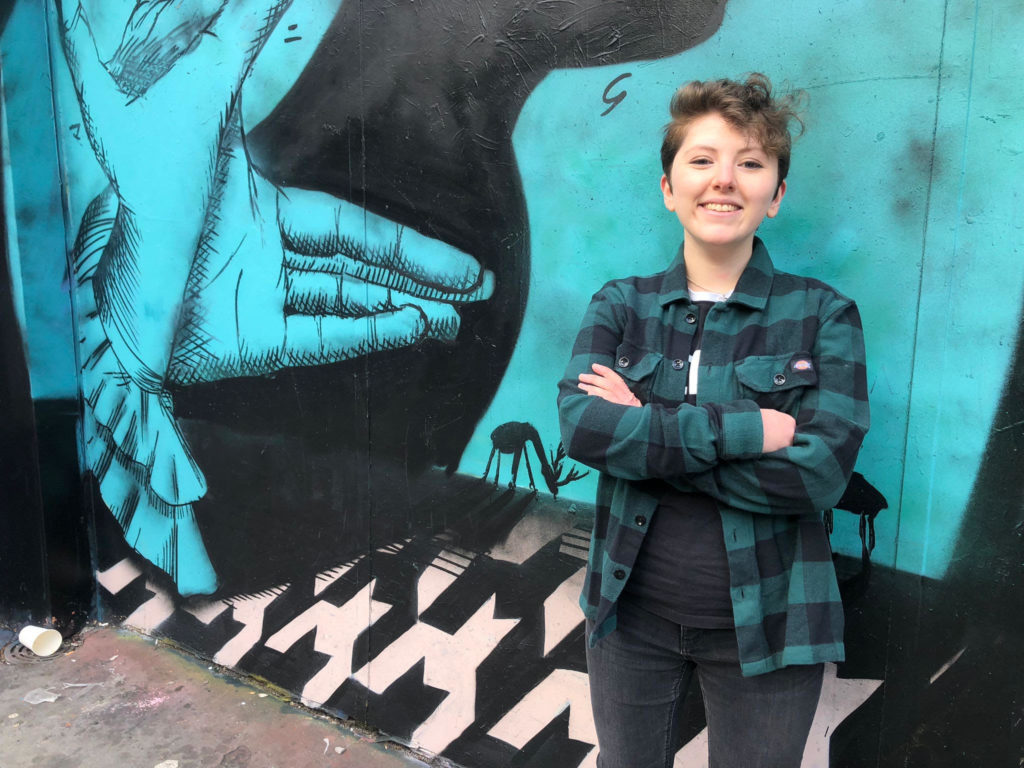
Niamh (she/her), a 23-year-old Just Like Us volunteer from Manchester, says: “I came out at 15 at school, 19 at home. Both times felt embarrassing. At school it was already a rumour, and I knew people would gossip about it, and they did. I was always scared it would get back to my sister who was at the same school. At home, I didn’t really want to tell my parents, but I felt like I had to, because that’s what’s expected.”
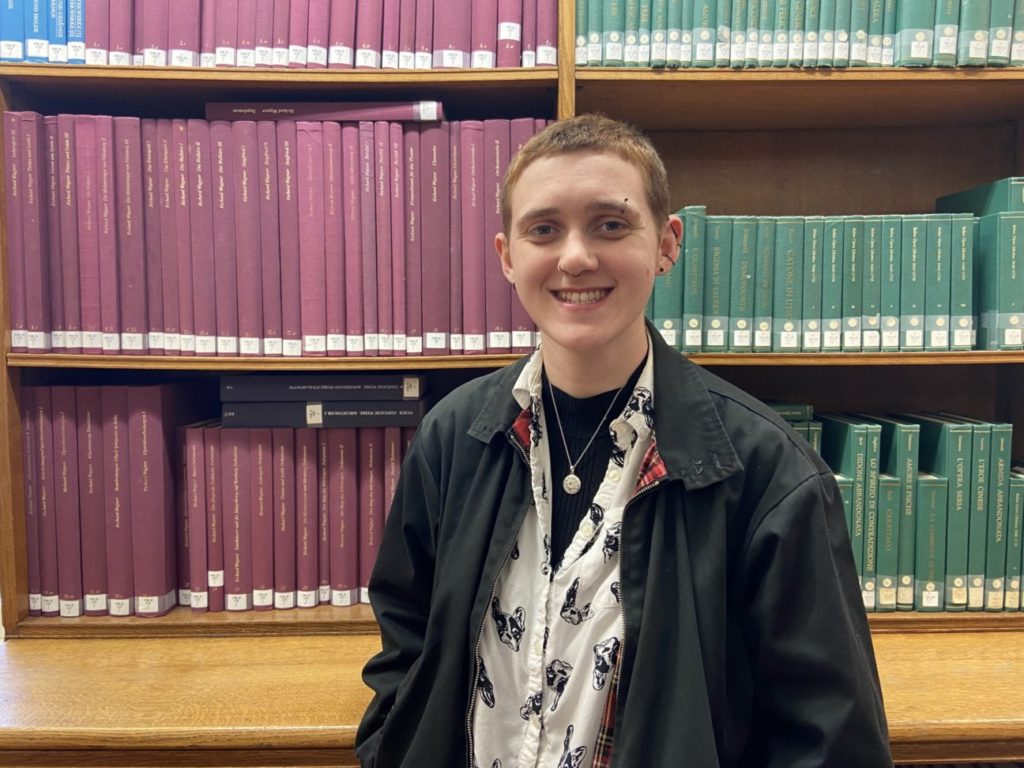
Mara (they/them), a 20-year-old Just Like Us ambassador, says: “I came out as bisexual at 15, lesbian at 17, and non-binary at 19. My high school experience was quite challenging at times, as the word lesbian was often used as an insult, so it was difficult to come to terms with being a lesbian when most of what I had heard about them was in a negative light.
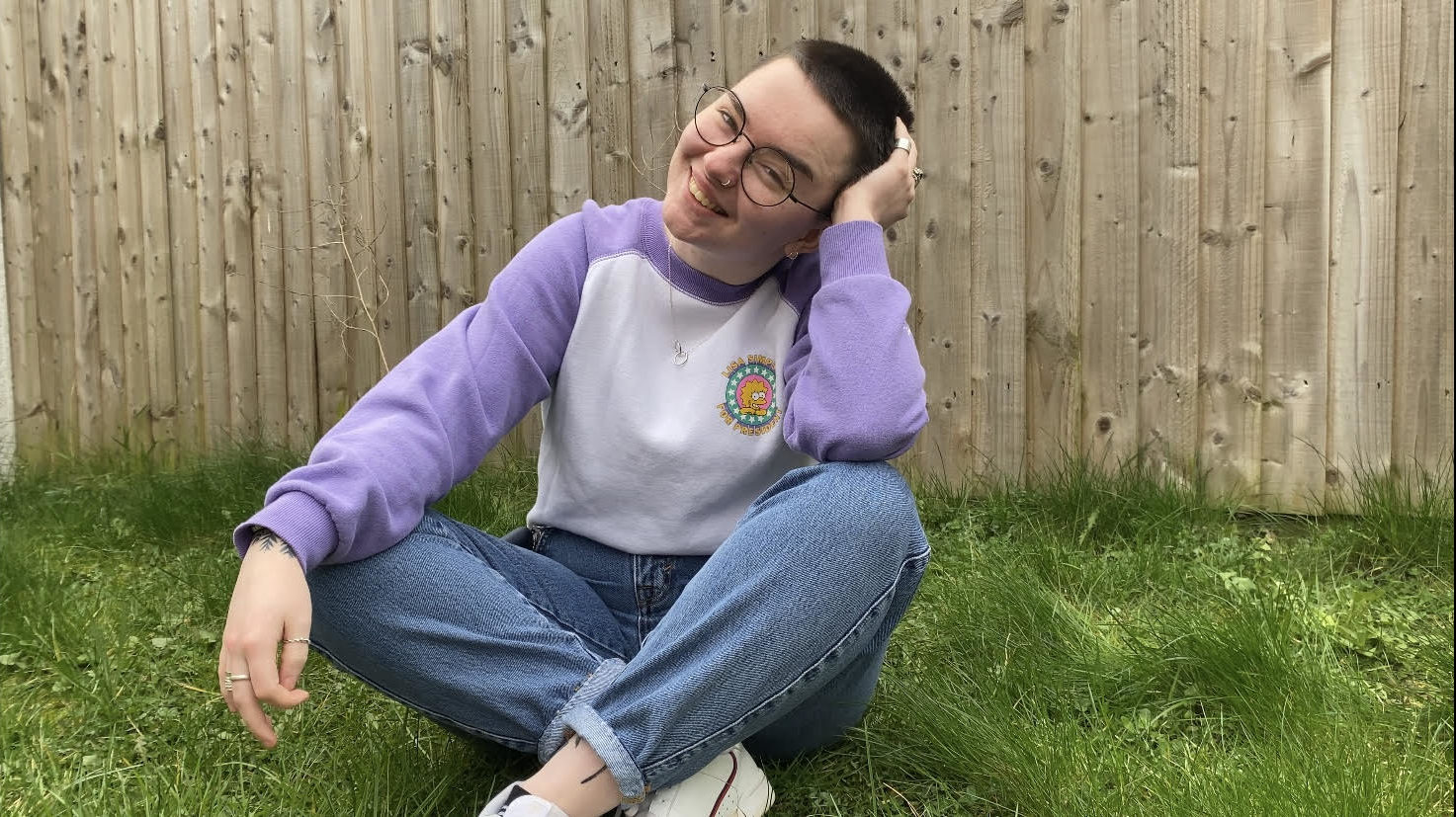
People would also often ask questions about my sexuality and try to assume things before I even properly knew myself. Boys would often try to ask rude questions, and girls would be disgusted at the idea of a lesbian.”
